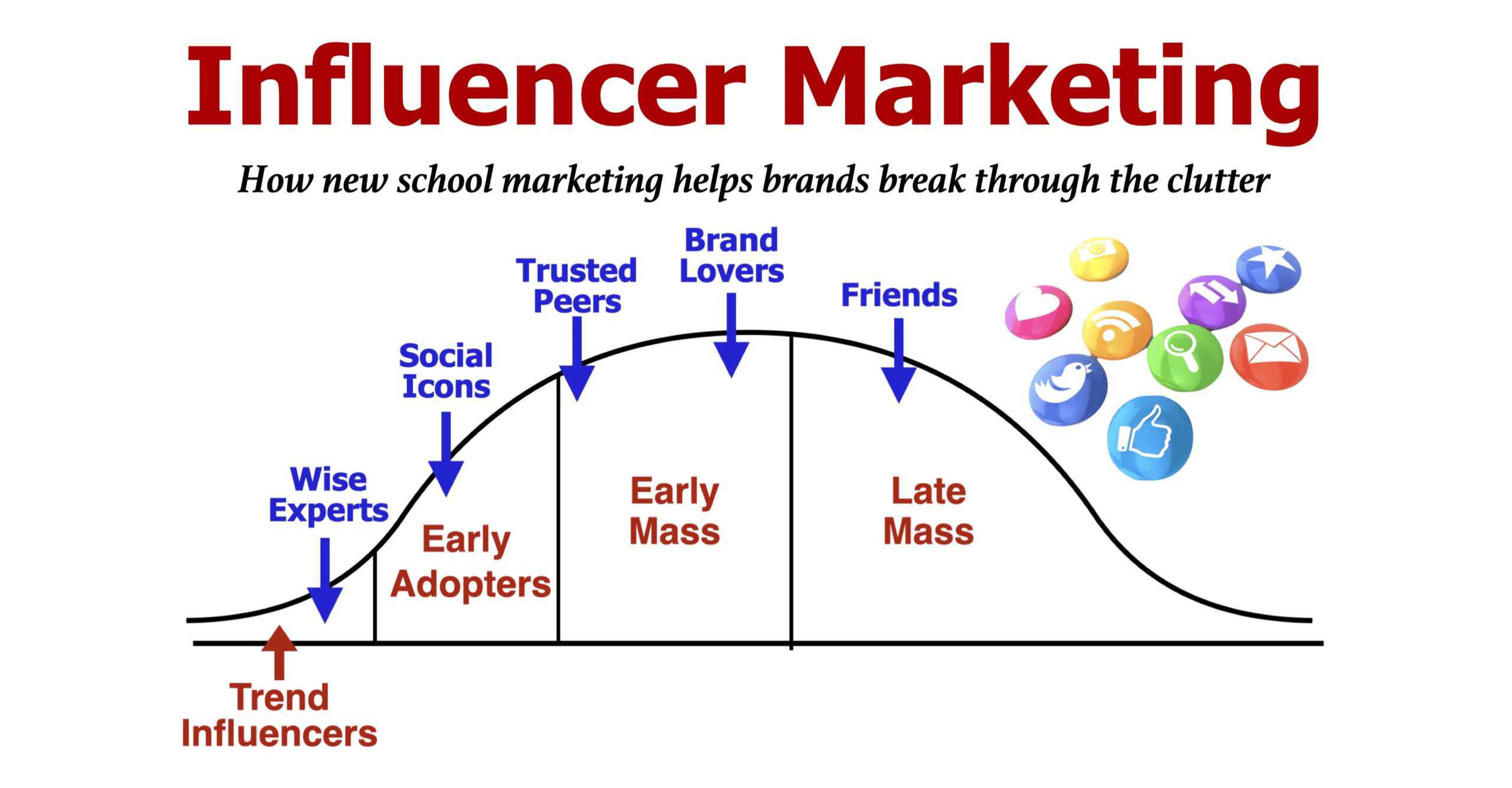 SJ Verse Group
SJ Verse Group
 April 2, 2024
April 2, 2024
 11:00 pm
11:00 pm

In today's digital age, traditional advertising methods are becoming less effective in reaching and engaging audiences. As consumers increasingly turn to social media and digital platforms for content consumption, influencer marketing has emerged as a powerful tool for brands to connect with their target audiences in authentic and meaningful ways. In this blog post, we'll explore the role of influencer marketing in the broader marketing landscape and its impact on driving success for brands.
Traditional marketing tactics such as television commercials, print ads, and billboards have long been staples in the advertising industry. However, the rise of the internet and social media has revolutionized the way brands communicate with consumers. Today's consumers are more digitally savvy and skeptical of traditional advertising messages, leading brands to explore new avenues for reaching and engaging their target audiences.
Influencer marketing represents a shift towards more authentic and personalized forms of advertising. By partnering with influencers – individuals who have built a dedicated following on social media platforms such as Instagram, YouTube, and TikTok – brands can leverage their credibility, authority, and influence to promote their products or services to a highly engaged audience. Influencer marketing allows brands to tap into the trust and authenticity that influencers have cultivated with their followers, resulting in more meaningful connections and higher levels of engagement.
There are numerous benefits to incorporating influencer marketing into your overall marketing strategy. Firstly, influencer marketing allows brands to reach highly targeted and engaged audiences. Influencers often have niche audiences that align with specific demographics, interests, or lifestyles, allowing brands to tailor their messaging and content to resonate with their target consumers.
Additionally, influencer marketing offers social proof and credibility for brands. When consumers see their favorite influencers endorsing a product or service, they are more likely to trust and consider that recommendation. Influencers serve as trusted advisors and tastemakers within their communities, making their endorsements more persuasive and impactful.
Furthermore, influencer marketing can drive tangible results for brands, including increased brand awareness, engagement, and sales. Influencers have the ability to create authentic and compelling content that resonates with their followers, leading to higher levels of engagement and conversion. Brands can track key metrics such as reach, engagement, and ROI to measure the success of their influencer marketing campaigns and optimize their strategies accordingly.
When incorporating influencer marketing into your overall marketing strategy, it's important to approach it strategically and authentically. Start by identifying your goals and objectives for the campaign, whether it's increasing brand awareness, driving website traffic, or generating sales. Then, research and identify influencers whose audience demographics, values, and interests align with your brand and campaign objectives.
Next, develop a clear and compelling brief outlining the campaign goals, messaging, deliverables, and expectations for the influencers. Provide creative freedom and flexibility for influencers to authentically integrate your brand into their content in a way that resonates with their audience. Finally, track and measure the performance of your influencer marketing campaigns using key metrics such as reach, engagement, and conversions, and iterate and optimize your strategies based on the results.
As influencer marketing continues to evolve, brands can expect to see new trends and innovations shaping the landscape. From the rise of micro and nano influencers to the emergence of new platforms and formats, influencer marketing will continue to play a central role in driving success for brands in the digital age.
Ultimately, influencer marketing offers brands a powerful way to connect with their target audiences in an authentic and meaningful way. By partnering with influencers, brands can leverage their credibility, authority, and influence to create compelling content that resonates with their followers and drives tangible results for their business.